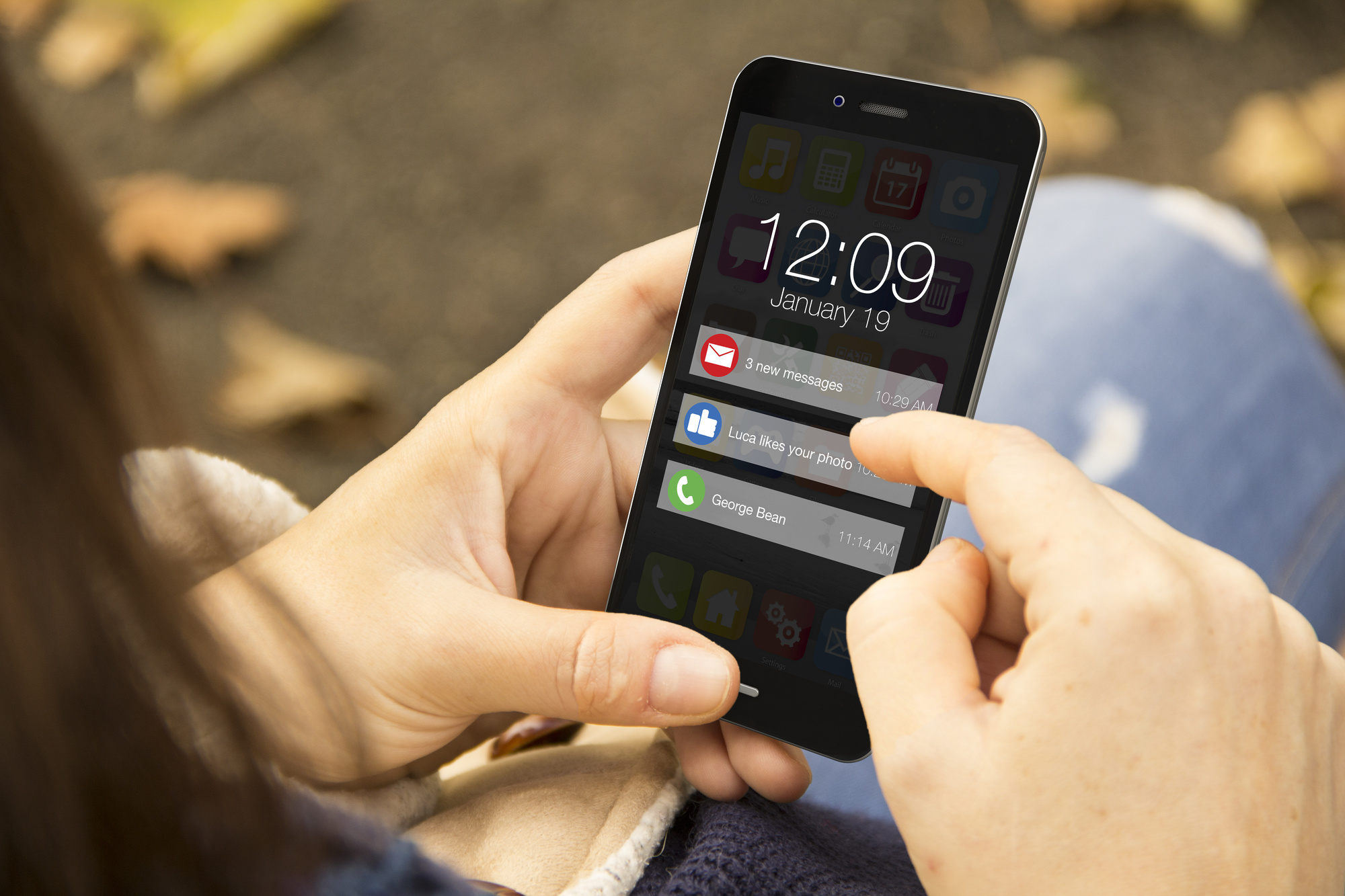Finished working on and optimizing your website?
Don’t settle down yet! There’s are still lots of possible things you can do with your website. If you want your website to be the best, you have to buckle down and keep grinding for ideas to keep your visitors coming back.
Or, on the other hand, you can use webhooks to keep your visitors coming back to your website for more.
But what are webhooks, you ask? Below, we’ve prepared a guide that can answer all your questions about webhooks.
Read on to find out more about whats a webhook, how do webhooks work, the benefits you can get from using them, and the potential applications you can use with webhooks.
What are Webhooks?
Struggling to figure out what a webhook is? A webhook is a way for your website send out notifications to your visitors once an event happens.
To put it in even simpler terms, imagine webhooks to be an alarm clock and yourself to be your website’s visitors. Subscribing to the webhook service is much like setting an alarm. It will ring once it reaches the time you’ve set it for.
Webhooks serve as a way for people to get notifications about certain things happening on a website in real-time. Imagine your favorite shop making a last-minute decision to put some of their items on sale right as you’re walking by. That’s how fast webhooks can notify your website’s visitors.
Event notification is the most basic function a webhook has. There are many more potential applications webhooks have for your website to support your digital business.
How Can I Implement Webhooks for my Visitors?
It is easy to give your customers the opportunity to subscribe to webhooks. All you need to do is provide them a means to submit their URLs to your website. You can do this via a contact page or through third-party means like e-mails or such.
Once you have their URLs, you run a request method on it for it to become supported by your webhook programs. A POST is the most common method most web designers use to apply webhooks unto URLs.
Since webhooks are still a new trend, there are no guidelines to follow in regards to webhooks yet. You can take advantage of this to define your website as one with unique features with the help of webhooks.
How to Use Webhooks
As mentioned above, there is more than one way you can use webhooks. All these methods can be useful in different ways depending on what kind of website you’re running.
Event Notifications
The simplest and most basic function of webhooks, these can provide your visitors with information about real-time events.
A helpful and convenient feature to help people stay tuned to important events. Most people dislike the thought of monitoring a certain website hoping for the chance the information they’re looking for shows up. Using a feature like this will help your visitors rest easy and use their time on more important matters.
This feature is useful for websites who send out email blasts to their subscribers. Using a webhook, you can make it so you’re notified once someone new subscribes to you, unsubscribes, or if someone makes a change on their profile, like their username. This lets you update to who and whom you’ll send your emails to.
It’s also used by websites like Shopify. They notify you about products that you bought or sold when anything happens to them. It’s important to keep their customers updated lest they become displeased with them.
All that said, be sure to program your webhook to only send what’s important and relevant. You don’t want your website to send a relentless onslaught of notifications. Anyone can become annoyed if they have to check their devices every minute.
Auto-Assistant
You can program webhooks to help you in different ways. This kind of webhook can process data and use that data, depending on what you program it to do.
For example, you can program a code and send it to a certain, let’s say YouTube for this example. Depending on the code, it can send and archive certain videos to your e-mail. You can also update the code to only monitor certain YouTube channels.
Some e-commerce sites like Amazon and E-bay use this kind of webhook to post updates on their social media pages. When they add a new item for sale to their list, the webhook does the rest. It updates all their social media profiles to let other people know about the new item for sale.
Security Measures
You can webhooks as a way to provide online security. Popular websites like Facebook have their own security measures using webhooks as well.
What Facebook does as a security measure is letting people know about their accounts. The moment someone logs in a user’s account on a different device, the webhook sends out an alert. An alert that lets the owner of the account know about the unauthorized login.
The difference between this and the event alert webhook is that it’s interactive. You can choose what course of action the app will take. From the app, you can boot the unauthorized user from accessing your account any further, change your password, or let it know it was you who logged your account in.
You can use webhooks in many more ways. The only limit to what webhooks can do is your imagination.
Why Should I Bother Using Webhooks?
There are many reasons why you should use webhooks on your website. One of the main reasons is to raise your SEO score. With more people coming back to your website with its updates, it will drive traffic up along with SEO.
Also, having webhooks improves customer engagement to a degree. Visitors like feeling special. An impressive set up will be good for you when people start talking about your website.
Use Webhooks to Make Your Website More Functional
What are webhooks but a means to improve your website? Work on incorporating webhooks to your own website now!
Did you find this guide helpful? Come and check out our website for more helpful guides like this one! Learn about 8 useful marketing tips for your business with the help of this guide.




